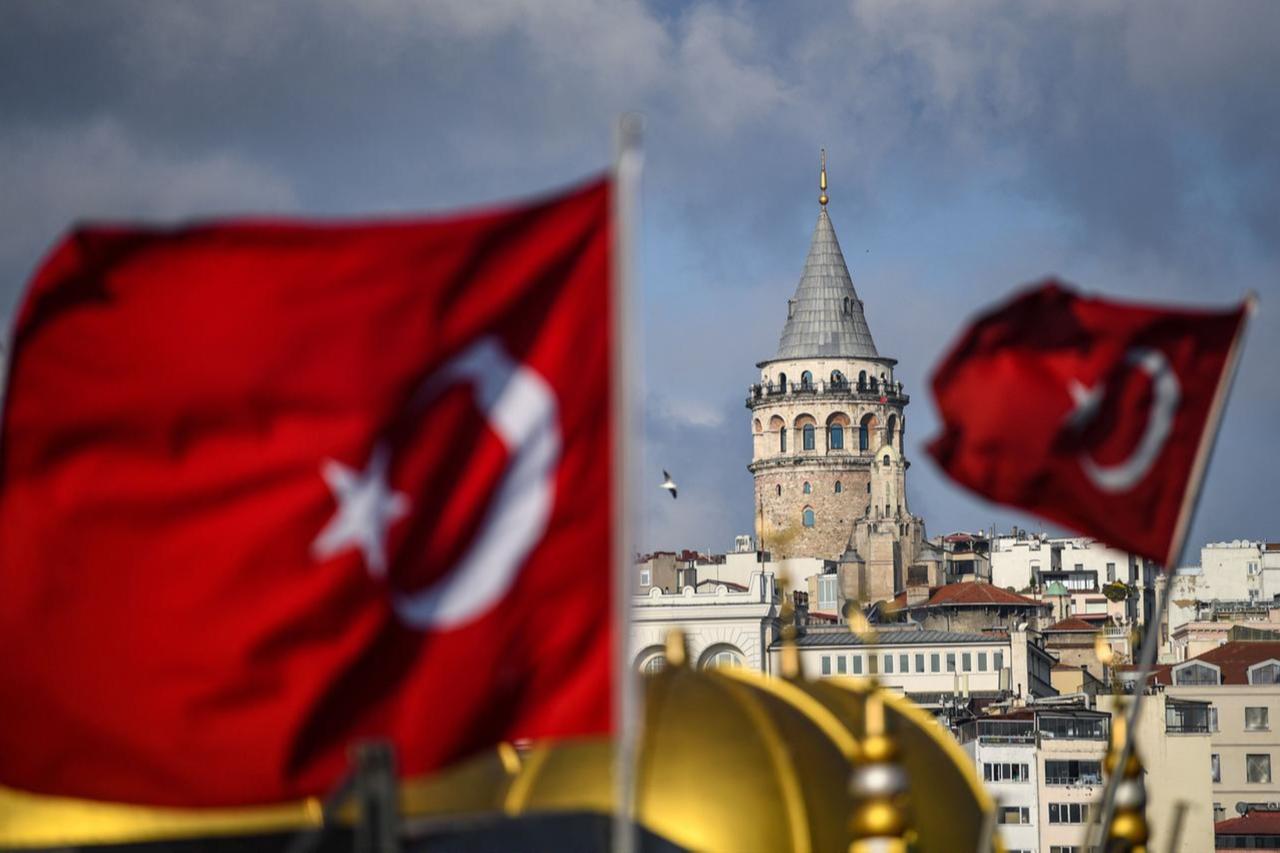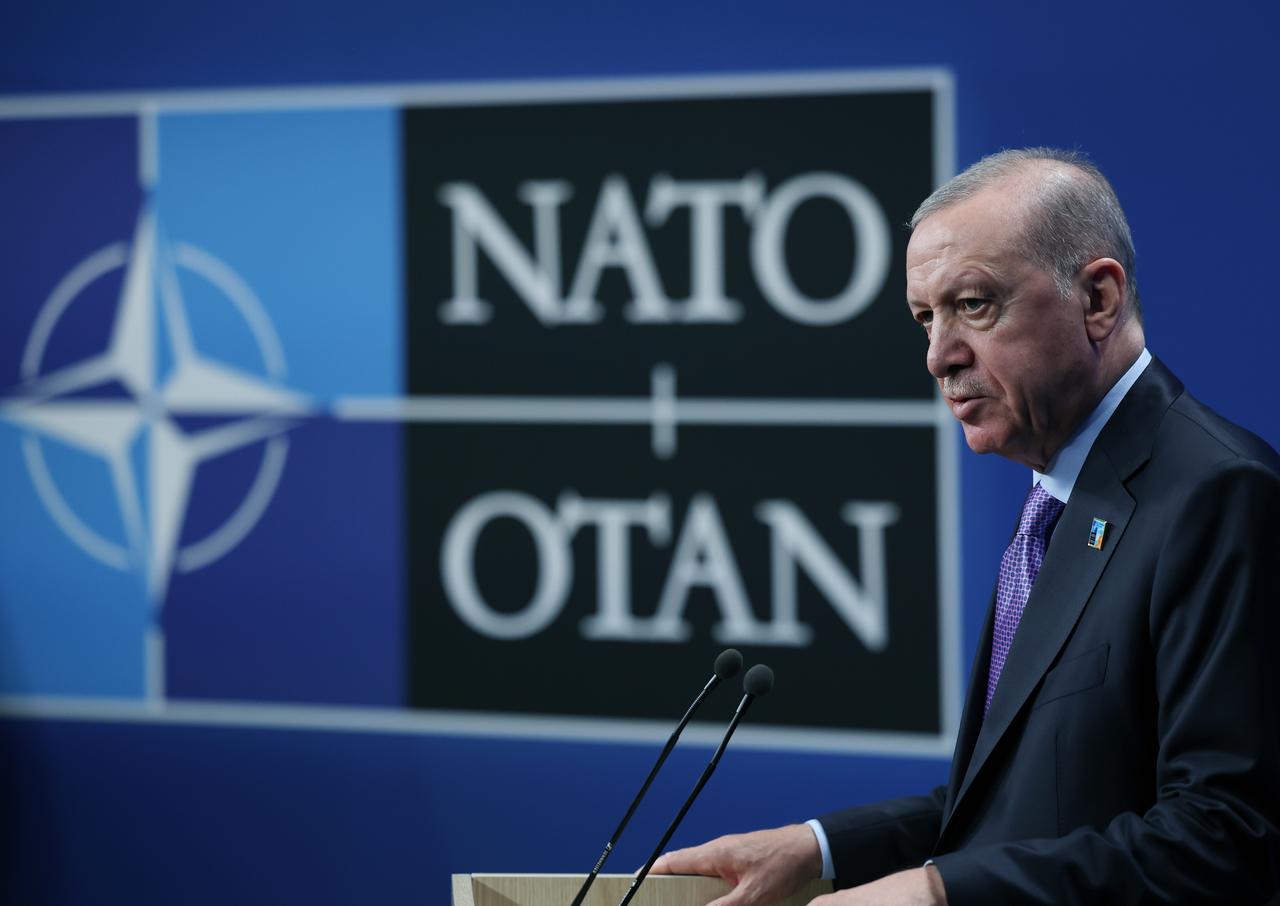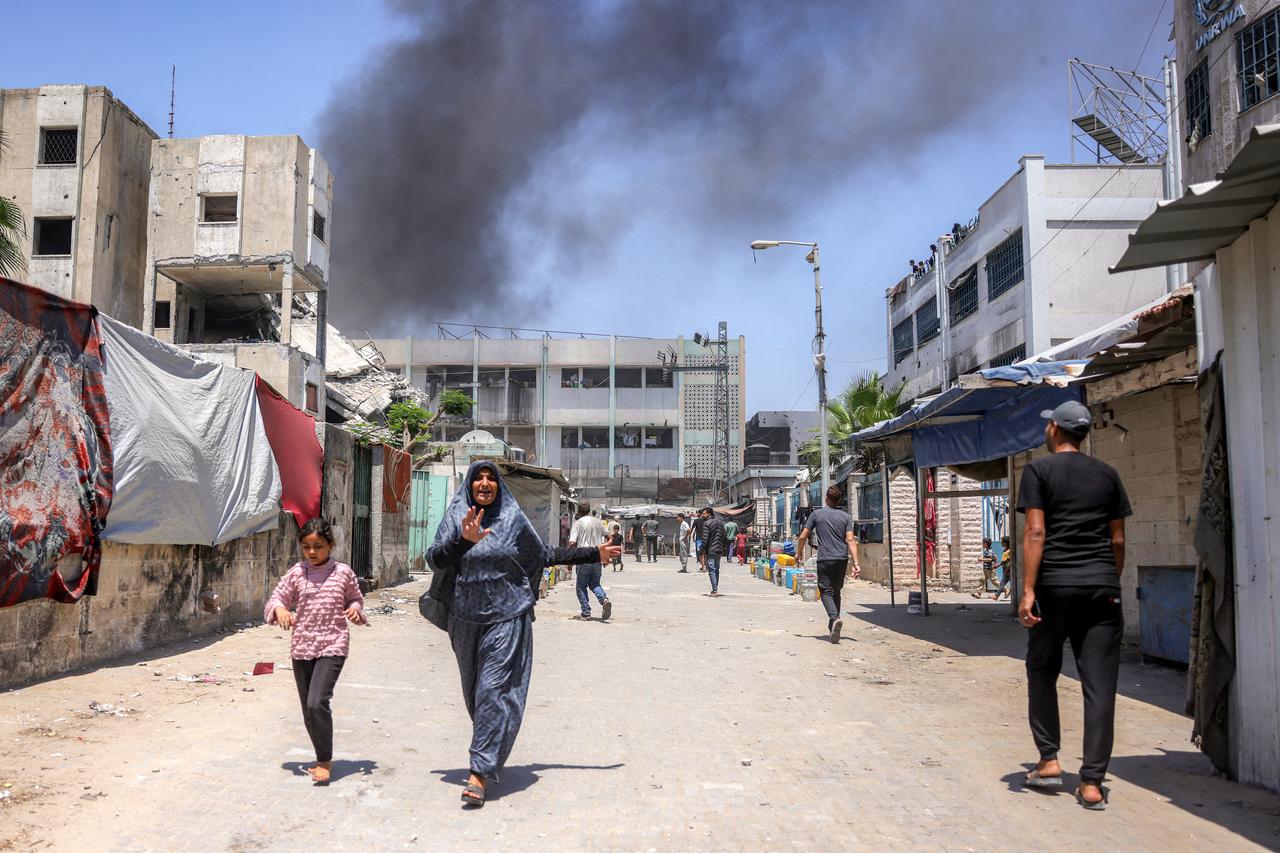
Israel’s actions in the region, the ongoing war in Gaza, and its brief conflict with Iran have sparked speculation that tensions between Türkiye and Israel could escalate.
Israeli political analyst Yoni Ben Menachem said on the i24 debate program The Arabists, hosted by Zvi Yehezkeli, that "Türkiye is our next enemy."
He outlined what he described as a clear strategic roadmap, saying, "After we defeat Iran, God willing, we must hold Qatar accountable for everything they did on Oct. 7."
"We cannot remain silent about that. They must be dealt with firmly... and then we move on to Türkiye," he added.
Ben Menachem argued that weakening or collapsing the Iranian regime would, in his view, strengthen the "Muslim Brotherhood-aligned axis" in the region.
He said President Recep Tayyip Erdogan poses a greater strategic challenge than Qatar’s Emir Sheikh Tamim bin Hamad Al-Thani, due to Türkiye’s size and military capabilities.
"The question that arises — just as it does with Iran — is: Do the Turkish people still love us? Or is our problem only with Erdogan?", he added, suggesting that efforts would be needed to reestablish past relations.
"We will have to work hard to win over the Turkish people... to restore the relationship we once had with them. And we must make serious efforts to eliminate the waves of hatred and incitement that Erdogan has instilled in his people over the years. That will be a very difficult task."

At least 56,331 Palestinians have been killed in Israel’s genocidal war since October 2023, the Health Ministry said on Friday.
The Israeli army resumed attacks on the Gaza Strip on March 18, and has since killed 6,008 people and injured 20,591 others, shattering a ceasefire and prisoner exchange agreement that took hold in January.
In November 2024, the International Criminal Court issued arrest warrants for Israeli Prime Minister Benjamin Netanyahu and former Defense Minister Yoav Gallant for alleged war crimes and crimes against humanity in Gaza.
Israel also faces a genocide case at the International Court of Justice for its war on the enclave.

On an likelihood of possible Türkiye-Israel rivalry in the region, retired Turkish Colonel Yusuf Alabarda stated that Ankara is closely monitoring the increasing tension between Iran and Israel.
Speaking to Al Jazeera Mubasher, Alabarda described Türkiye as a key NATO member with strong military capabilities and significant geostrategic influence. He emphasized that Türkiye is drawing strategic lessons from the developments as it reassesses its military and security posture in the region.
He noted that the country is capable of maintaining a delicate balance between its relationship with Israel and its continued support for the Palestinian cause.
Alabarda pointed to the increasing likelihood of a direct or indirect confrontation between Tehran and Tel Aviv, which has prompted Ankara to strengthen its air defense systems and boost intelligence preparedness. These measures, he said, are intended not for direct involvement, but to protect national interests in a volatile regional environment.
He added that Türkiye aims to act as a mediator and avoid alignment with any regional bloc. Instead, Ankara seeks to maintain strategic flexibility that allows it to engage when necessary without compromising its bilateral relations.
"If open conflict erupts," Alabarda noted, adding, "its impact won’t be limited to Tel Aviv and Tehran. It will affect the entire region. That's where Türkiye must step in to contain the fallout and prevent it from reaching its own borders."